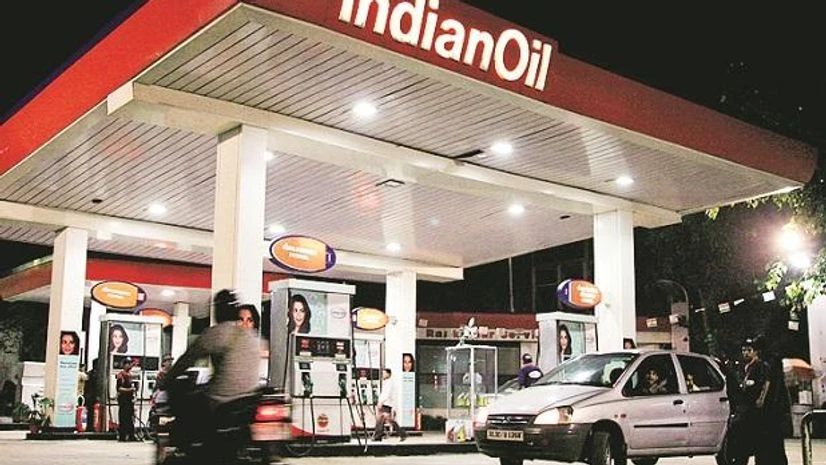India's top oil firm IOC is looking to defer some of its refinery expansion projects to sync them with changes in demand patterns resulting from the pandemic and a gradual rise in the use of cleaner fuels, its chairman Shrikant Madhav Vaidya said.
In an interview with PTI, Vaidya said oil demand in India has not been destructed but only deferred and Indian Oil Corp (IOC) was also betting big on petrochemicals to hedge fuel shocks.
Liquid fuels such as petrol and diesel will continue to play a dominant role in the country in the next two decades despite a creeping increase in the use of electric vehicles (EVs) and cleaner fuels like gas.
"You see the pie is also increasing. While we see EVs growing, the oil will remain a dominant fuel," he said. "Even BP in its latest world energy outlook has projected India's oil consumption to double to 10 million barrels by 2050."
In 2018, an Oil Ministry report had projected that oil refining capacity will rise to 439 million tonnes by 2030 from the current 250 million tonnes, to meet the rising fuel demand of a fast-expanding economy.
IOC, which currently owns and operates 11 out of the country's 23 refineries, had plans to double refining capacity to 150 million tonnes per annum by 2030 from 80.7 million tonnes per annum.
Also Read
"I firmly believe that demand has not been destructed. It has got deferred. So the condition is such that we would like to once again assess the demand-supply. Nothing has been shelved as such but maybe deferred slightly," he said.
While the company is going ahead with the expansion of the Koyali refinery in Gujarat to 18 million tonnes from 13.7 million tonnes, the plan for raising the capacity of Panipat refinery in Haryana to 25 million tonnes from 15 million tonnes may be pushed back by a few years, he said.
IOC is also adding 3 million tonnes ofcapacity atBarauni refinery in Bihar as well as adding a 9 million tonnes unit at its subsidiary Chennai Petroleum Corp Ltd (CPCL).
"Panipat (expansion) will happen ultimately but it will get staggered," he said.
Also, the planned 60 million tonnes a year grassroots refinery project on the west coast "is very much needed to meet the projected oil demand for 2050," he said.
"If you go by supply-demand, yes there is a scope for the west coast refinery," he said adding the project may get delayed by a few years due to issues with land acquisition.
While fuel demand has fallen in recent times due to slowdown in the economy and the lockdown imposed to curb the spread of coronavirus, India is likely to return to the project demand trajectory in two years.
"There were projections of 450 million tonnes of fuel demand by 2040. So that demand number can be met only with west coast refinery coming up," he said. "It is getting deferred and that is a cause of concern."
India had consumed 213.7 million tonnes of petroleum products in the year to March 31, 2020.
Vaidya said the west coast refinery may be built in stages rather than the initial projection of going to 60 million tonnes in one go.
IOC is also looking at petrochemicals to diversify from the challenging fuels business.
It will add petrochemical plants at all its future refinery expansions and boost existing output at its current facilities to raise the percentage of crude oil converted into petrochemicals to 15 per cent from the current 5-6 per cent.
"We feel the volatility of the fuel market can be easily controlled by having a good footprint in the petrochemicals sector," Vaidya said. "Petroleum fuels will continue to be my main business as far as turnover is concerned, but profitability will come from petrochemicals.
(Only the headline and picture of this report may have been reworked by the Business Standard staff; the rest of the content is auto-generated from a syndicated feed.)

)
